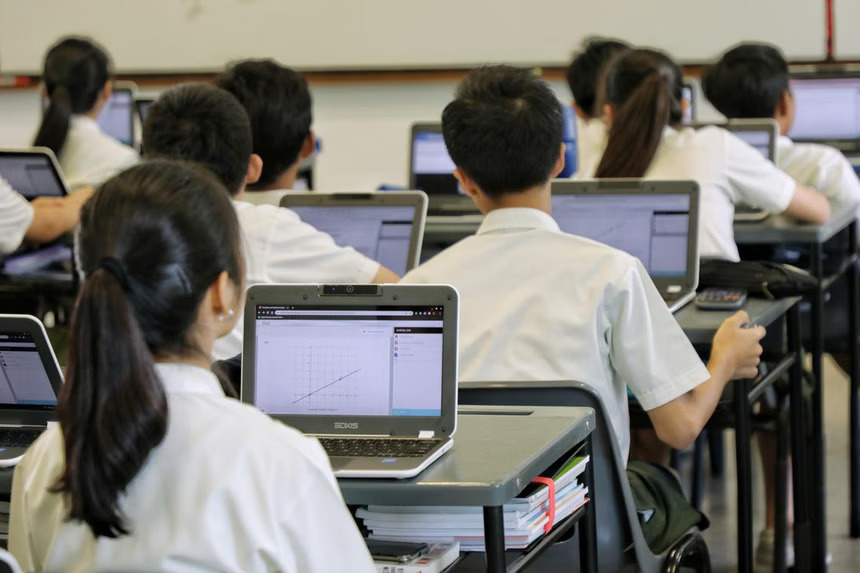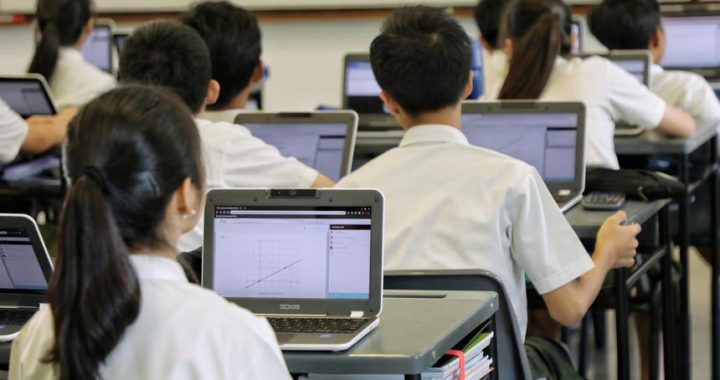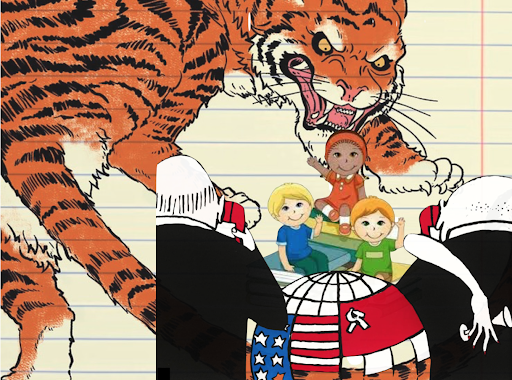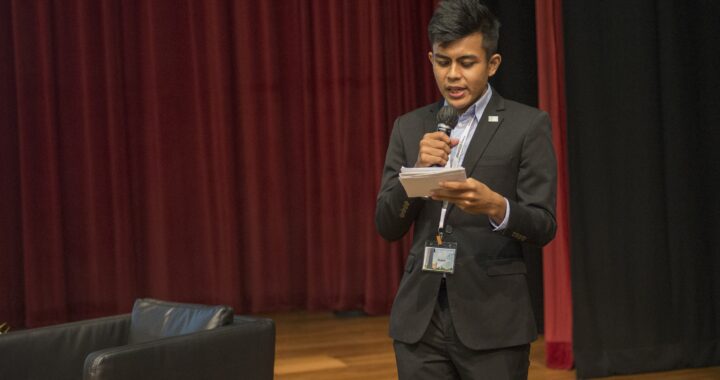
Paving the Way for Singapore’s Economic Development
As part of the resumption of our All in a Day’s Work series, we talk to Singapore Institute of Management (SIM) alumni, Danish Hisham to find out more about his associate role at the Economic Development Board (EDB).

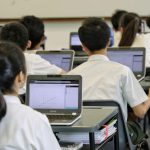 SAS Forum’s Freedom of Speech and Media Regulation: Through the Lens of International Affairs Society’s Gazette
SAS Forum’s Freedom of Speech and Media Regulation: Through the Lens of International Affairs Society’s Gazette  Jackpot: The Capitalist World and Casual Gambling
Jackpot: The Capitalist World and Casual Gambling 